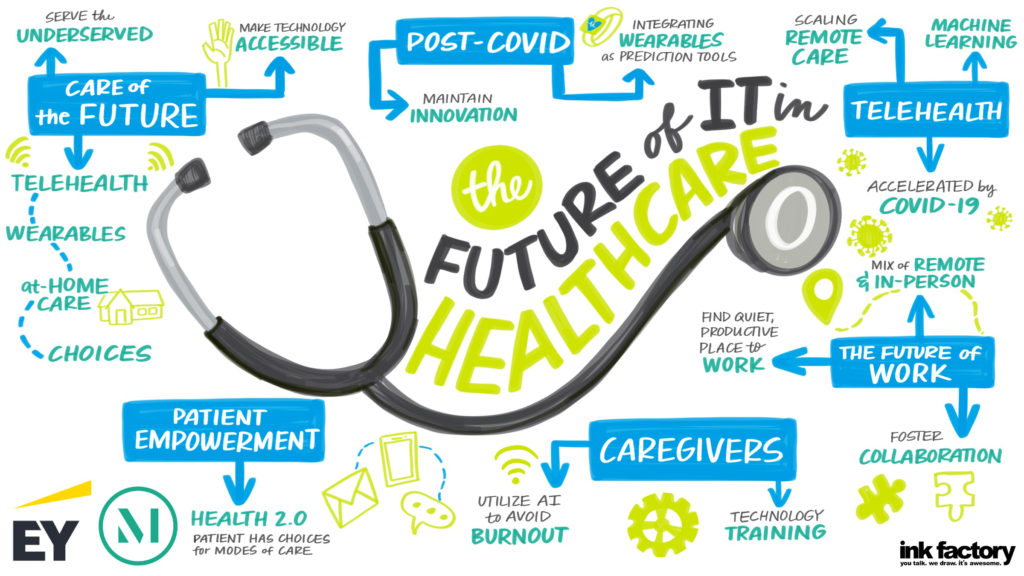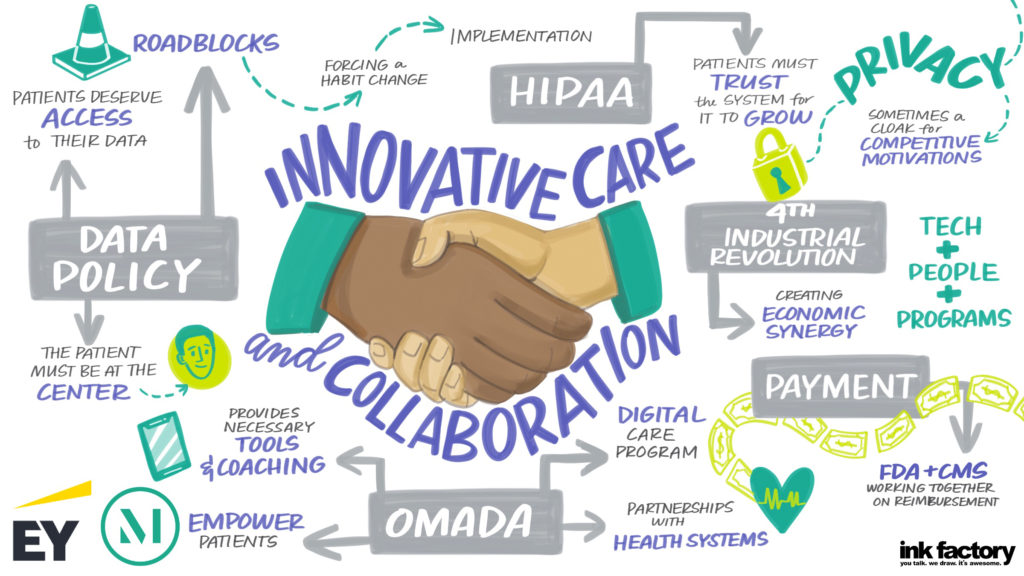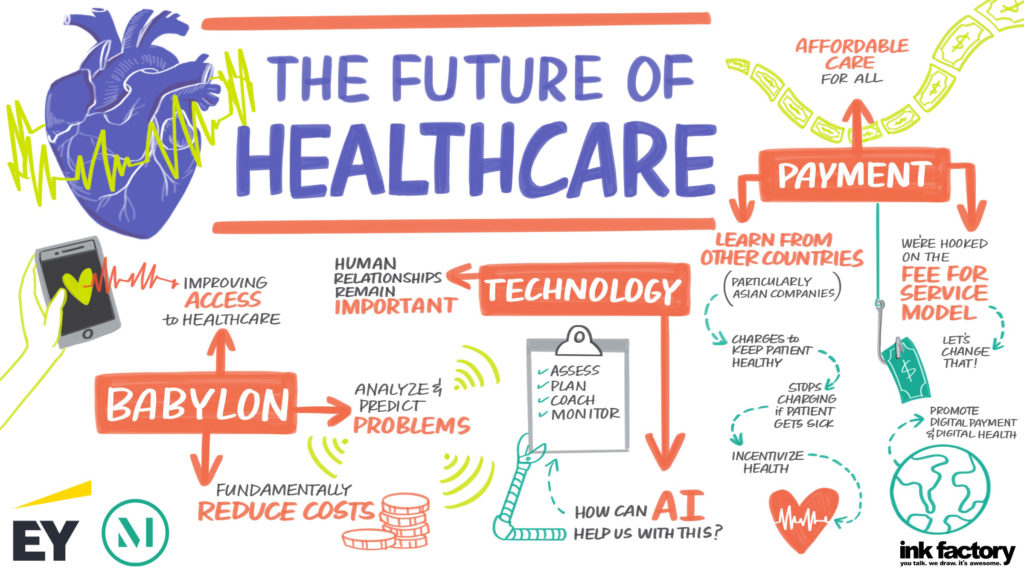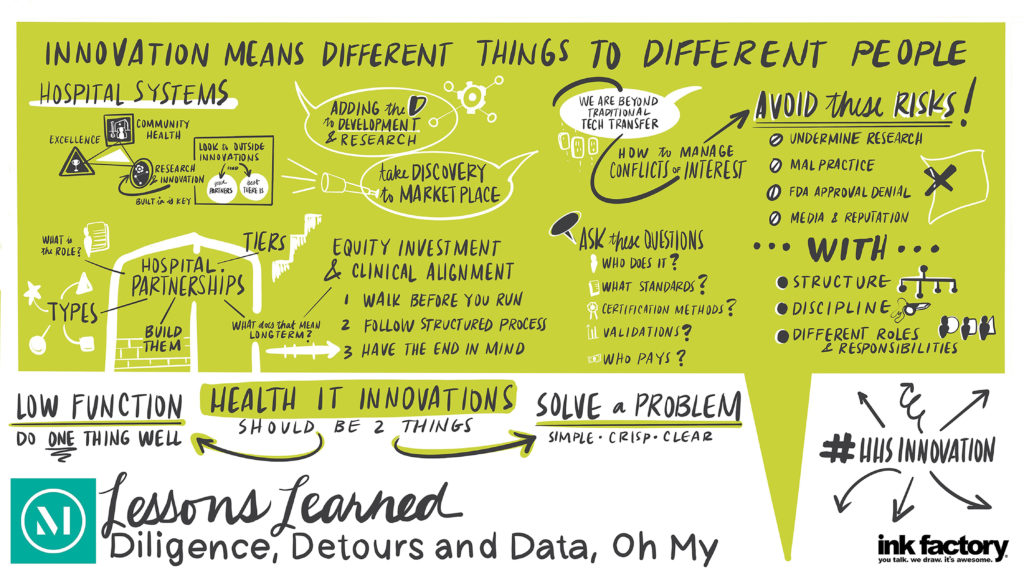On July 10, the Centers for Medicare & Medicaid Services (CMS) released the 2025 Medicare Physician Fee Schedule (MPFS) proposed rule, which includes proposals related to identification of Medicare Part B and Part D claims for 340B drugs in order to exclude them from inflation-related Medicare drug rebates established under the Inflation Reduction Act. Because MPFS is not often on the radar for 340B stakeholders, we want to make sure that folks are aware of the 340B-related provisions in the proposed rule and the deadline for submitting comments. We have excerpted the relevant pages of the MPFS proposed rule for ease of reference (the entire proposed rule is well over 2,000 pages and available here. The proposed rules are generally consistent with guidance materials previously released by CMS.
As described in more detail below, the CMS proposals would eventually require claims-level information reporting to exclude Medicare Part D 340B claims and use claim modifiers to exclude Part B claims. ALL 340B-covered entities are now expected to report claim-line modifiers for separately payable Medicare Part B drugs under guidance that was effective January 1, 2024.
Comments are due on September 9, 2024. We note that in light of the recent US Supreme Court decision in the Loper Bright case and the end of the Chevron doctrine, 340B stakeholders should consider submitting comments (both in support of the proposals and with alternatives that CMS should implement). Legal challenges to whatever rules CMS ultimately implements should be expected, and the [...]
Continue Reading
read more

 Subscribe
Subscribe








